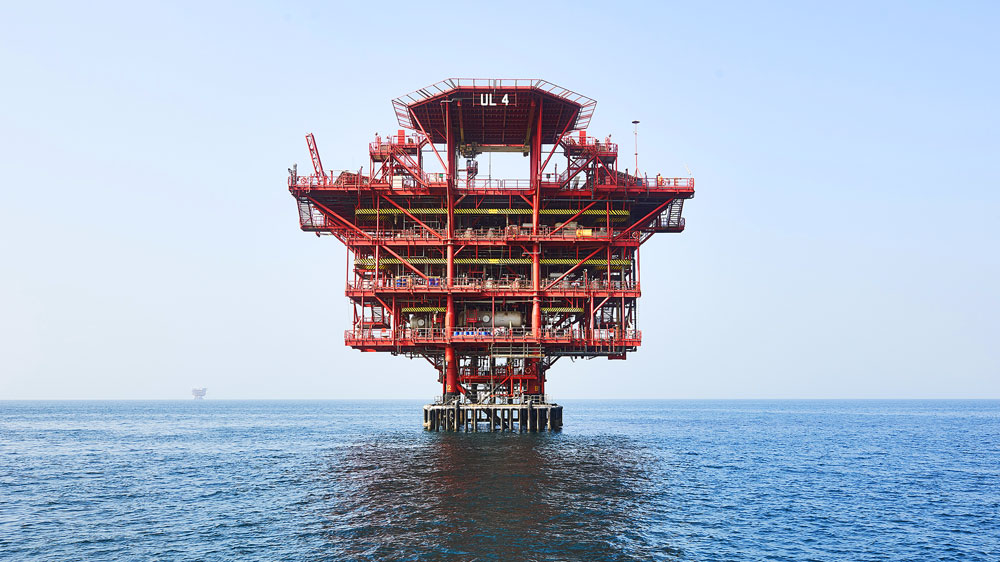OMV started production in Abu Dhabi

The production start-up of the Umm Lulu and SARB (Satah Al Razboot) fields shows an initial capacity of 50,000 barrels per day (10,000 barrels per day net to OMV), which will increase to 129,000 barrels per day (25,800 barrels per day net to OMV) by the end of 2018 and 215,000 barrels per day (43,000 barrels per day net to OMV) by 2023.
In April 2018 OMV, the international integrated oil and gas company based in Vienna, signed an agreement for the award of a 20% stake in the offshore concession Abu Dhabi – SARB (with the satellite fields Bin Nasher and Al Bateel) and Umm Lulu as well as the associated infrastructure. The agreed participation fee amounted to USD 1.5 bn and the duration of the contract is 40 years.
The Umm Lulu field is located about 30 km away from Abu Dhabi, in shallow waters. The full field facilities and infrastructures are expected to be finalized by 2020 with development drilling to continue until 2023. Once reaching the oil production plateau the field is expected to deliver over 20 kbbl/d net to OMV. OMV has been appointed as Asset Lead for Umm Lulu. The early production in this field started in the fourth quarter of 2016.
The Satah Al Razboot (SARB) field is located in shallow waters, 120 km NW from Abu Dhabi. First oil is expected before the end of 2018. The oil production at plateau rates is expected to be around 22 kbbl/d (net to OMV) and it is anticipated to be reached in the next decade.
Both fields are connected via pipelines to dedicated processing, storage and loading facilities on Zirku Island.
The Bin Nasher and Al Bateel satellite structures need to be appraised further with expectations for development plans to be delivered by 2024.
OMV’s share of the reserves, for the period of the concession agreement, would amount to approximately 450mn barrels oil for the two main fields, with upside potentials from the satellite fields Bin Nasher and Al Bateel.
OMV’s capital expenditures over the contract term are estimated to amount to approximately USD 2bn, thereof approximately USD 150mn will be spent per annum during the first five years.


